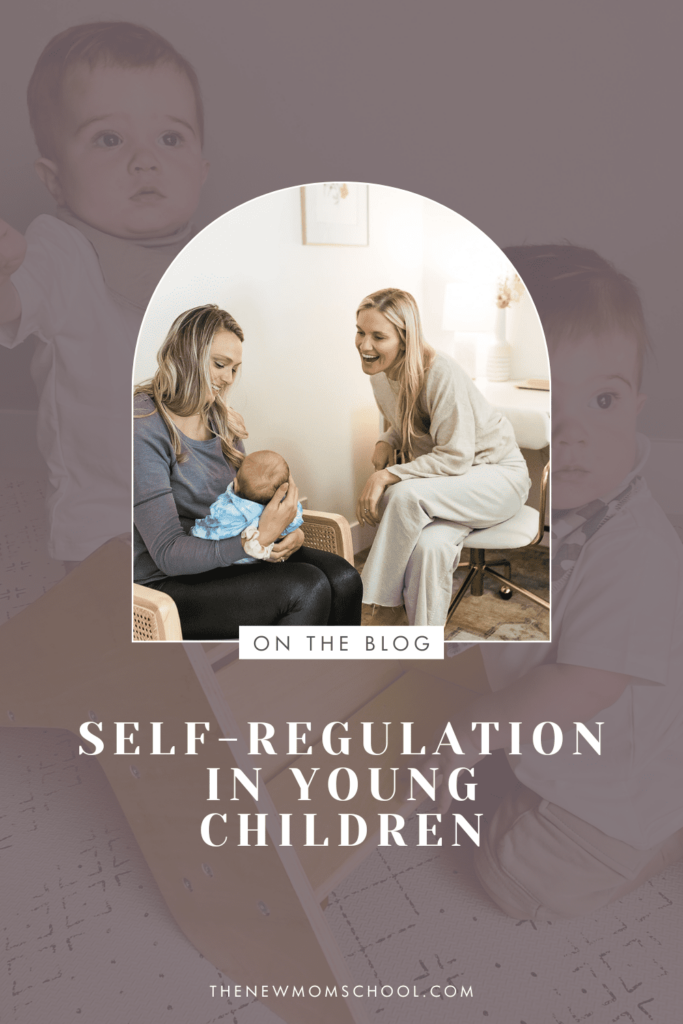Original post by Hayley Goldberg, Heart of Connecting
Young children tend to live in the moment and are ruled by their impulses and their immediate desires and feelings. It is hard for them to delay gratification, exercise control and decide what is an appropriate response before speaking or acting. Part of child development is the ability to focus attention and for children to learn to manage their thinking and behavior. Self-regulation is the increasing ability for a child to manage their emotions and begin to express a range of feelings in constructive rather than impulsive or hurtful ways. Many adults could use some extra support in this area too.
These self-regulation or emotional regulation skills are critical to success in relationships, school, work, and life. Improved emotional regulation leads to happier, more satisfying social interactions with friends, better academic performance, stronger problem-solving skills, higher levels of self-worth, fewer behavior problems, and a decreased risk of mental health pathology. The earlier we help children to develop their regulation skills the sooner they can begin to experience success.
Supporting toddlers and preschoolers in developing self-regulation skills begins in the home with parents they trust and who provide a loving, caring and stable environment. With this strong foundation in place, here are six parenting tools for helping children develop their emotional-regulation.
1. Children begin to learn these skills when they have predictable daily routines and schedules. Where possible keep schedules like getting ready in the morning, mealtimes, and bedtime consistent. Develop routines within these daily events to help support the experience (like the order of the bedtime routine or where the family eat their meals and how mealtimes are handled).
2. Teach and talk about feelings. Children need to know that feelings are mentionable and manageable – when children talk about their feelings they can begin to manage their big emotions. As children get older help them identify and name a wide range of different emotions they may feel. For younger children, you can start with the basic feelings of happy, sad, mad, scared, and angry.
3. Make sure your behavior expectations are clear and you review your expectations regularly. Children need to know and understand what is expected from them. We cannot assume they know how we want them to behave.
4. Stay calm and firm in your voice and actions when your child is out of control. Staying calm allows you to build trust and model the calm behavior you are wanting from your child.
5. Role play and practice with children how to act and what to say in different situations.
6. Reinforce children when they engage in calm and appropriate behavior. Descriptive praise works best as it gives children valuable feedback about their behavior. You could say, “I like how you stayed calm and asked Tyler for the toy back after he grabbed it from you. High five for having a calm body.”
Emotional regulation is related to temperament and brain maturation and takes time to develop. Young children develop this ability in small steps and some toddlers and preschoolers require more time and support than others in developing this skill. As parents this requires us to be patient, have realistic expectations as skills are developing, and to keep teaching. We cannot punish children for skills they do not have – we need to teach the skills as often as our children need us to teach. Your parenting counts!


